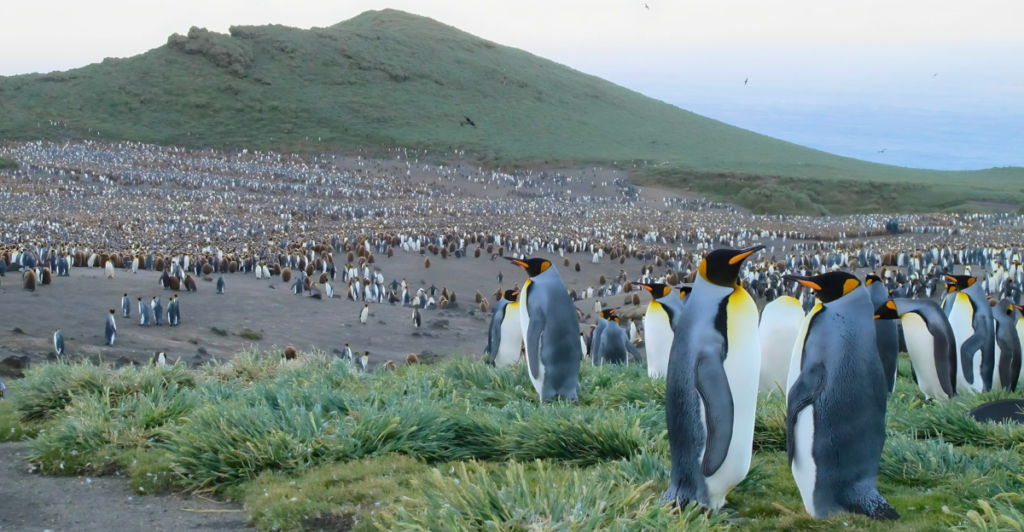
The Heard and McDonald Islands, remote Australian islands near Antarctica, are recognized as a UNESCO World Heritage site. The Islands are devoid of human life, commerce, or infrastructure but are home to penguins, seals, seabirds, and glaciers. Now, U.S. President Donald Trump has imposed a 10% tariff on them.
The move has sparked widespread debate about its motivation, impact, and the complex intersection of global wildlife conservation with international trade policy. Critics are questioning the logic of taxing uninhabited territories, while supporters argue it’s part of a broader strategy to close loopholes in global trade.
Here, we examine the background, impact, and broader ramifications of this unusual tariff decision while considering the complexity of modern trade policy and its potentially undesirable ramifications on remote ecosystems.
The Islands’ Unique Ecology
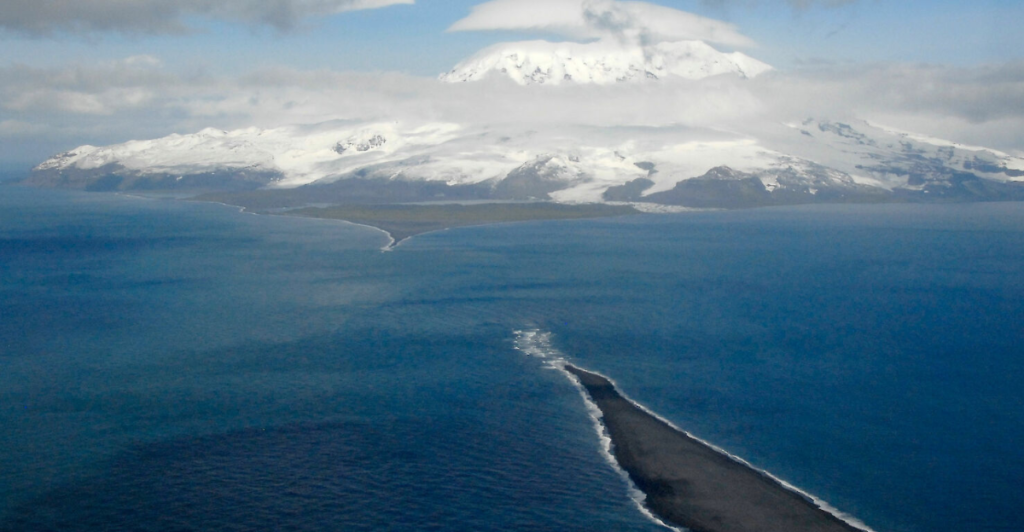
Heard and McDonald Islands are to unspoiled wilderness 2,500 miles southwest of Perth, Australia. The Islands are relatively inaccessible, except for a two-week sailing trip, due to Antarctic winds and vast amounts of glaciers, and are occupied primarily by king and macaroni penguins, as well as seals and seabirds.
As one of the most isolated parts of the world, the islands’ ecology has yet to be exploited, offering immaculate breeding spots for wildlife. However, the increased attention drawn to the islands has worried conservations who believe that the continued remote studies of the islands might be stifled as a result.
Further, many question why the islands have been included on the U.S. tariff list, as they export nothing, have no economy, and no human inhabitants. Now, their inclusion in trade policy highlights an intersection of environmental preservation and political decision-making.
Understanding the Tariff Decision
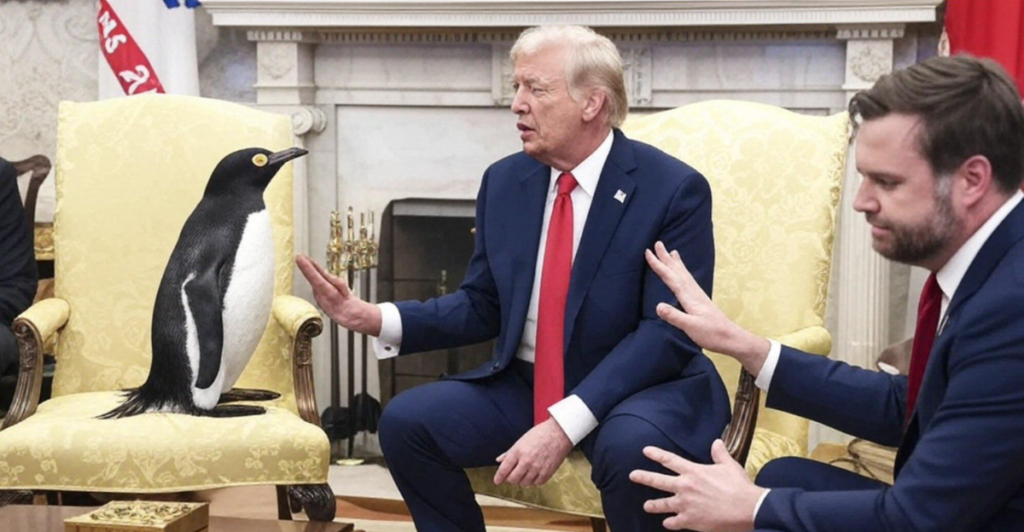
President Trump’s government introduced blanket tariffs under its “America First” policy. The Heard and McDonald Islands were unexpectedly added due to alleged clerical errors that linked misclassified exports, such as aquarium equipment, to these islands.
Commerce Secretary Howard Lutnick defended the action, suggesting that previous trade policies have loopholes that allow countries to avoid tariffs by shipping products through remote islands. Despite this being challenged, Lutnick stated that no territory should be excluded from the list in an effort to preserve national security and reduce trade deficits.
The move has been criticized as overreaching, with critics questioning the value of imposing tariffs on uninhabited islands. Further, this tariff is seen as a symptom of the larger struggle between world trade and U.S. protectionism.
Penguins, Not Products

Since the Heard and McDonald Islands have no ports, products, or human settlements, these islands have zero impact on international trade. The tariffs seem absurd when you consider that these islands are merely ecological sanctuaries and scientific outposts that are remotely monitored. There are no tariffs to impose and no trade deficits to balance.
This raises the question: when trade policy contradicts economic logic, what is the policy for? Thus far, it suggests a shift away from governmental policy toward policy as performance art. As penguins do not vote, are they now being used as a symbol for some other means in the international relations arena?
Ecological Fallout from Economic Gestures
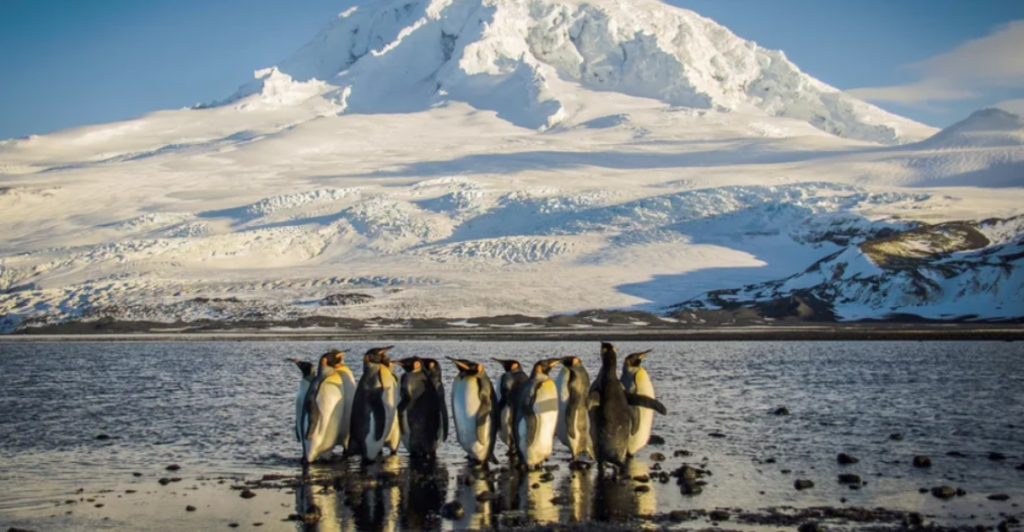
Despite the fact that there is no actual trade taking place, the inclusion of the Heard and McDonald Islands on the tariff list could have unexpected consequences for scientific and environmental conservation. Australia funds limited research expeditions and ecological surveillance on the islands. This collaboration would be endangered if diplomatic relations deteriorated.
The islands provide valuable insight into climate change as their glaciers shrink at an increasingly quick pace. They are also home to endangered wildlife and part of a network of protected marine areas. By disrupting this ecosystem for political theatre, decades of environmental progress are potentially at risk.
Effects of the Tariff on the Islands’ Wildlife
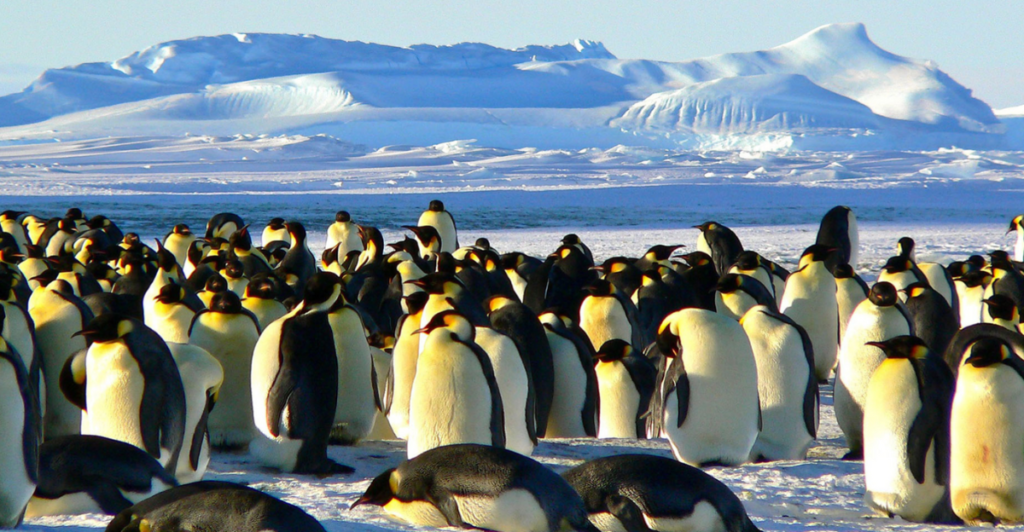
While the 10% tariff on the Heard and McDonald Islands might be irrelevant to uninhabited regions, environmentalists worry about the indirect implications for the islands’ delicate ecosystems.
The islands, which are home to vast colonies of penguins, seabirds, and seals, are among the most undisturbed ecosystems in the world. Thus, increased political attention could lead to disruptions in conservation funding or even attempts to justify economic activity in the region, compromising existing protections.
For example, environmentalists fear that heightened attention could lead to increased commercial fishing near the islands, threatening marine food chains crucial to seals and penguins. Those risks represent the unforeseen environmental implications of seemingly symbolic trade policy.
Wildlife Conservation Concerns
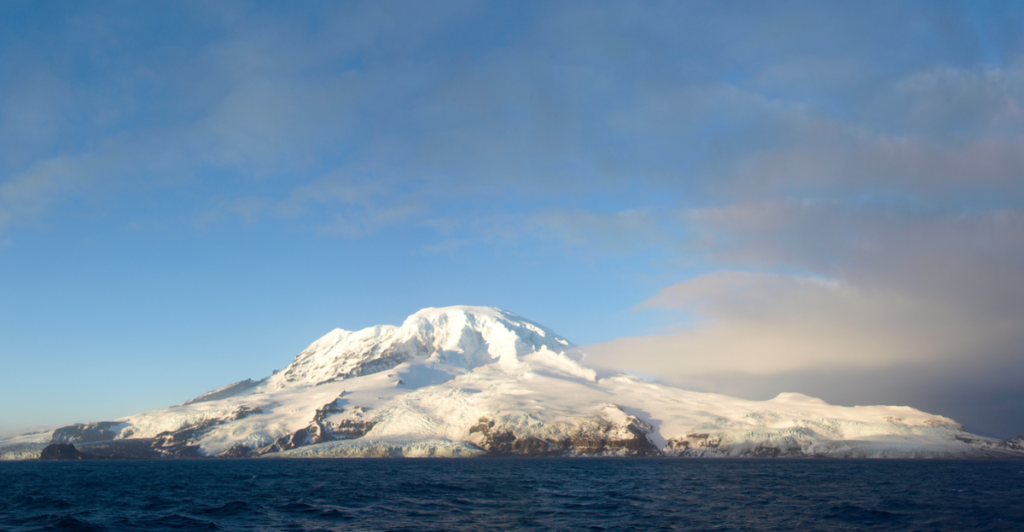
Environmentalists are worried about the unintentional effects on wildlife preserves. Though tariffs do not directly affect penguins or seals, heightened scrutiny could hamper research or conservation efforts in these remote ecosystems.
The islands’ protected status underscores the need to consider policy impacts on delicate environments. Conservation is often reliant on global cooperation and stable financing, which can be disrupted by any political outrage caused by these tariffs.
In addition, increased scrutiny might deter scientists from conducting important research in these areas, potentially harming long-term conservation goals. The case highlights the balance between environmental conservation and economic policy and the necessity of considering ecological impacts when making trade policy.
A Proactive Step?

Some justify this move as a proactive step to deal with tax havens allegedly associated with these islands, expressing that targeting all territories ensures an even playing field in enforcing trade. Others compare this measure with protectionist measures that unknowingly triggered trade wars.
Though unconventional, advocates argue that such a step might help deter countries from exploiting loopholes in global trading systems. Skeptics argue that the lack of economic activity on such islands renders the tariffs meaningless in addressing real trade issues.
Both arguments highlight the complexity of modern trade policy, where political and economic interests intersect in increasingly new ways. The role of remote islands in trade negotiations may signal a trend toward stronger enforcement measures. However, there is doubt about their overall usefulness.
Global Reaction and Trade Policy Lessons
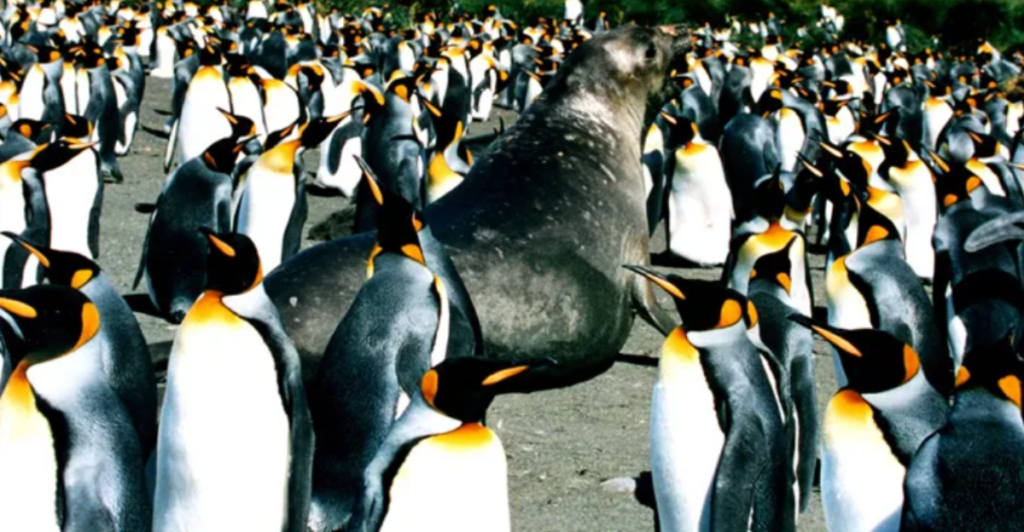
The international community has reacted with a mix of shock and dismay. Media outlets have questioned whether AI errors played a role in the decision-making process. While Australia’s official response was a mix of confusion and diplomacy. Both have highlighted the islands’ lack of trade activity and suggest that the tariff could be seen as symbolically hostile.
This incident is an example of recent rising tensions in global trade relations. Now, economists and diplomats must closely monitor how the situation will unfold since it can set a precedent for future trade disputes. The episode also refers to the challenges of traversing complex global commerce networks, where a slight error has far-reaching diplomatic implications.
Now, policymakers must balance economic interests and ecological protection with global reputation while setting trade policy. This shows that policy implications on remote ecosystems must be taken into consideration and that there is a great need for responsible data management systems to prevent making such errors in the future.
Future Implications
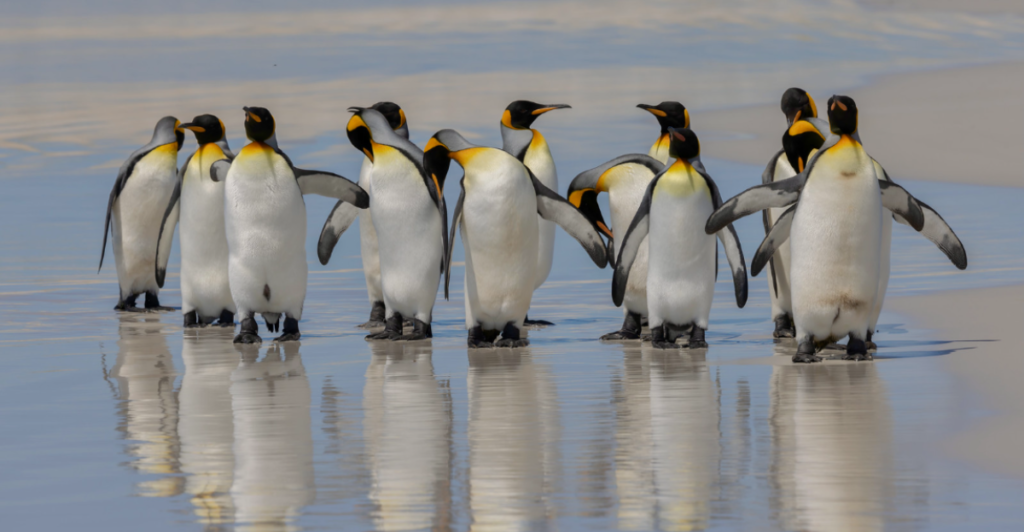
The Heard and McDonald Islands tariff raises questions about the role of remote territories in international systems of commerce. As nations fight to overcome their economic issues, it serves as a reminder of the importance of cautious policymaking that considers both realistic and unforeseen consequences.
Future trade policies could aim to find loopholes, closing them in an effort to protect national industries without compromising the environment or relations. This may result in a re-evaluation of how remote regions are included in world trade systems so that more integrated and sustainable trade policies are made. Ultimately, the Heard and McDonald Islands tariff controversy may become a catalyst for reform in international trade practices.
Explore more of our trending stories and hit Follow to keep them coming to your feed!

Don’t miss out on more stories like this! Hit the Follow button at the top of this article to stay updated with the latest news. Share your thoughts in the comments—we’d love to hear from you!







